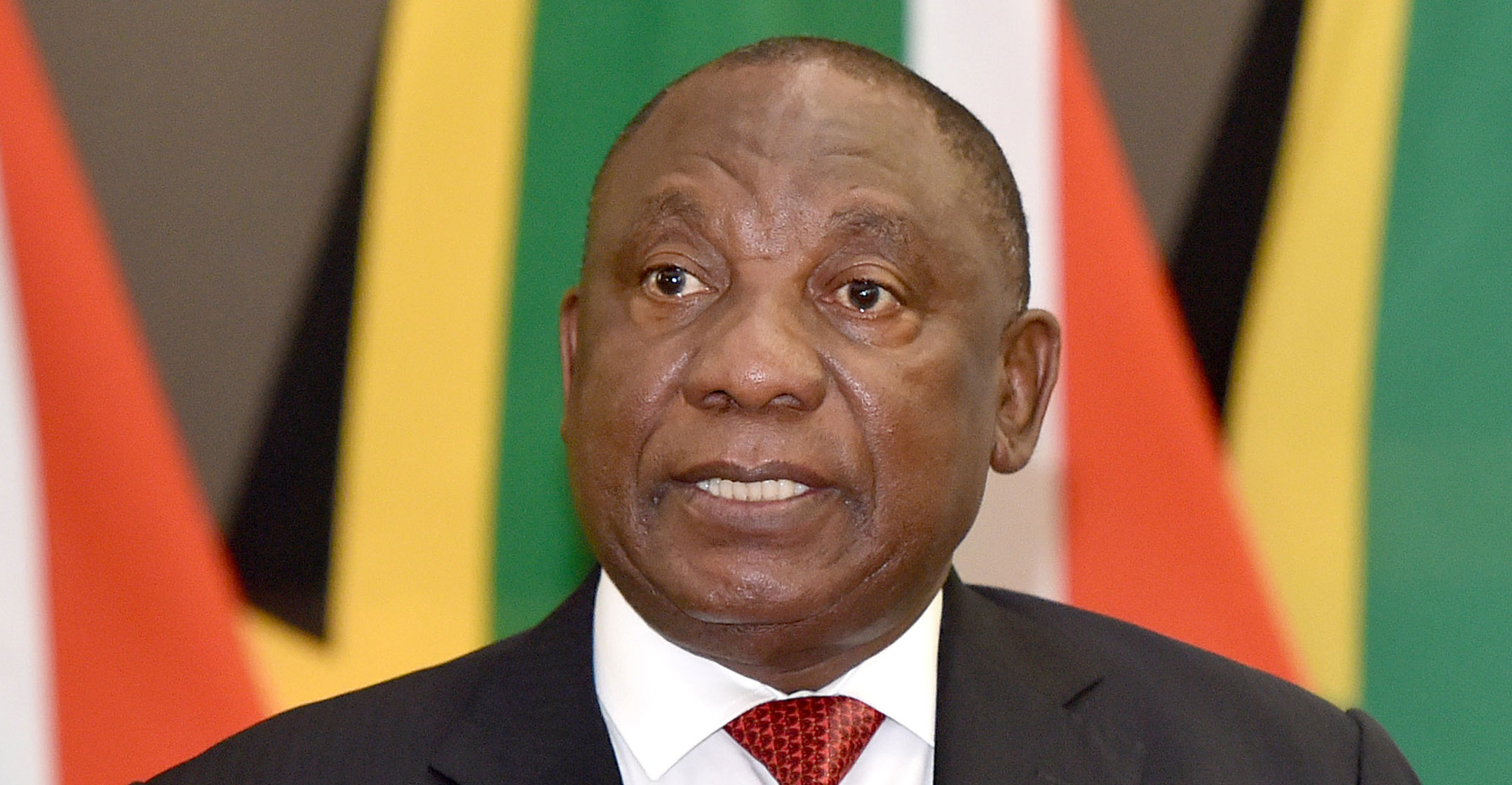
As we work to grow our economy and create employment, there is much debate about the relative roles of the state and business in pursuing these goals.
Some people have suggested that we must make a choice between, on the one hand, a developmental state that plays a vital role in economic and social transformation, and, on the other, a vibrant, expanding private sector that drives growth and employment.
The reality is that we need both. We need a capable developmental state and a dynamic and agile private sector. We need them to work together and complement each other.
This idea is not new. Thirty years ago, in 1992, the ANC adopted a document titled “Ready to Govern”. The document set out policy guidelines for a democratic South Africa and has, over nearly three decades, influenced the policy direction of successive democratic administrations.
The “Ready to Govern” document envisaged a democratic state with ultimate responsibility for “coordinating, planning and guiding the development of the economy towards a sustainable growth pattern” in cooperation with the trade union movement, business and other organs of society.
It spoke of the need for economic policy that democratises the economy and creates productive employment opportunities at a living wage for all South Africans.
The document further envisages “a dynamic private sector, employing the skills and acumen of all South Africans … and of business activities which contribute significantly to job creation, being actively encouraged”.
Work together
In the state of the nation address last week, I outlined how government, business and labour should work together, each using their unique capabilities, to create jobs.
One of the most important drivers of growth and employment are state-owned enterprises. They generate electricity, manage the ports, build the roads and supply the water that the economy needs to function. Since the advent of democracy, these SOEs have significantly expanded access to basic services for the poor. That is why a critical part of our programme is to strengthen SOEs, restoring them to financial health, improving their operational performance, and enabling them to play a more prominent and beneficial role in the economy.
True to the role envisaged in “Ready to Govern”, the state directs both growth and transformation through levers like competition policy, broad-based black economic empowerment provisions and employment equity laws, and by linking the award of various licences to universal service and empowerment obligations.
Government is also directly involved in employment creation beyond those people employed in the public service. The expanded public works programme, which has been in existence since 2003, has provided work opportunities to millions of people.

More recently, in response to the devastating economic impact of the Covid-19 pandemic, this government has overseen the most significant expansion of public employment in our country’s history.
The presidential employment stimulus has supported more than 850 000 opportunities in just 16 months. In addition to expanding public employment, we are providing support to unemployed young people to prepare them for work, make them more employable and connect them to opportunities.
There are many other ways in which government is contributing directly to job creation, including through large-scale investments in infrastructure, the establishment of special economic zones and through support to labour-intensive growth industries.
A special focus this year is on small, medium and micro businesses, on cooperatives and the informal sector. Through the redesign of the loan guarantee scheme that we introduced in the early months of the Covid-19 pandemic, we are making “bounce back” finance more accessible for small businesses. We are expanding the employment tax incentive and looking at various other regulatory changes to make it easier for small businesses to employ more people.
We will not achieve such an economy without both a strong and capable developmental state and an inclusive, fast-growing private sector
These are among the measures we are taking as government to create the conditions that will enable the private sector – both big and small – to emerge, to grow, to access new markets, to create new products and to hire more employees.
The private sector employs some three quarters of South Africa’s workers and accounts for over two-thirds of investment and research and development expenditure. Alongside a capable and developmental state, our country therefore needs a thriving private sector that is investing in productive capacity.
As private sector employment expands, more livelihoods are supported and sustained. Goods and services are delivered at a greater scale and the democratic state is able to collect more revenue for social development.
The “Ready to Govern” document says that the role of the state “should be adjusted to the needs of the national economy in a flexible way”, whether it is increasing the public sector in strategic areas or reducing it in others.
Mixed economy
Such a mixed economy, it said, would foster a new and constructive relationship between the people, the state, the trade union movement, the private sector and the markets.
It is this relationship that we are now working to deepen and improve, to forge a new consensus for growth and employment. After a decade of low growth and rising unemployment, this is the way to revive our economy – creating a dynamic, competitive, fast-growing economy that is able to compete with the best in the world.
We will not achieve such an economy without both a strong and capable developmental state and an inclusive, fast-growing private sector. We should not be asked to choose one or the other. We need both.
- Cyril Ramaphosa is president of South Africa

